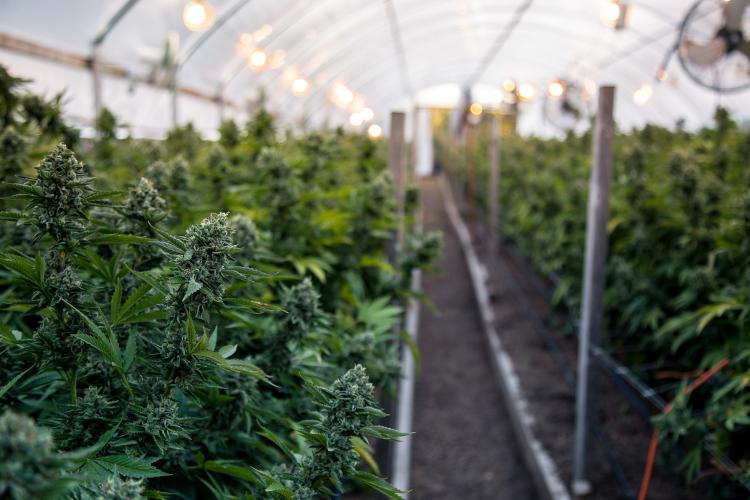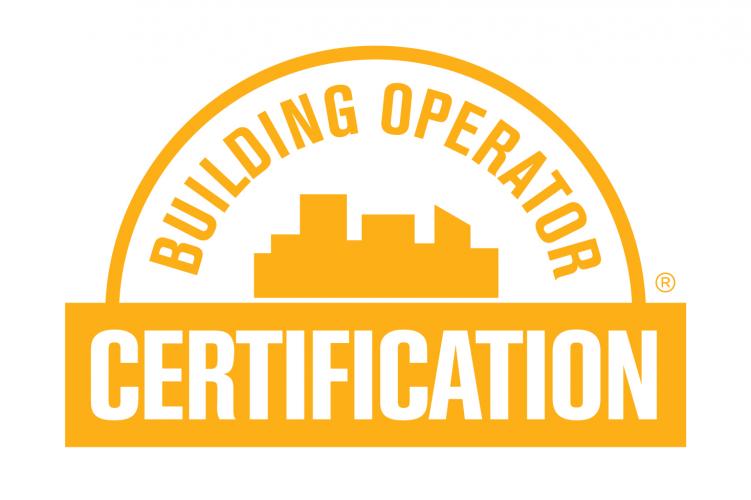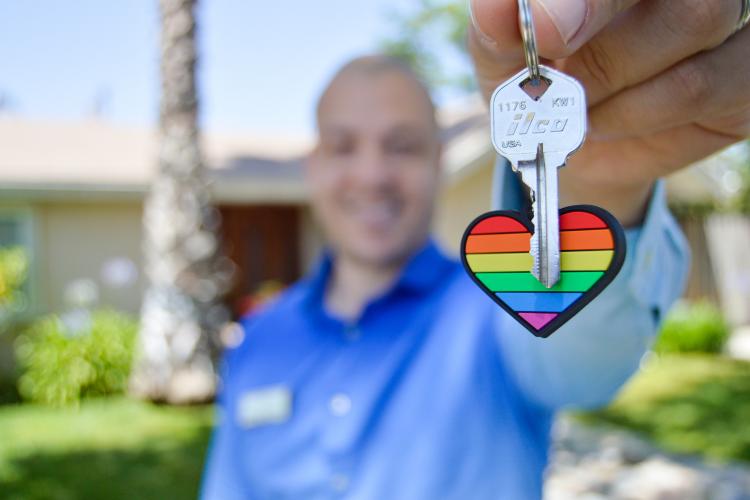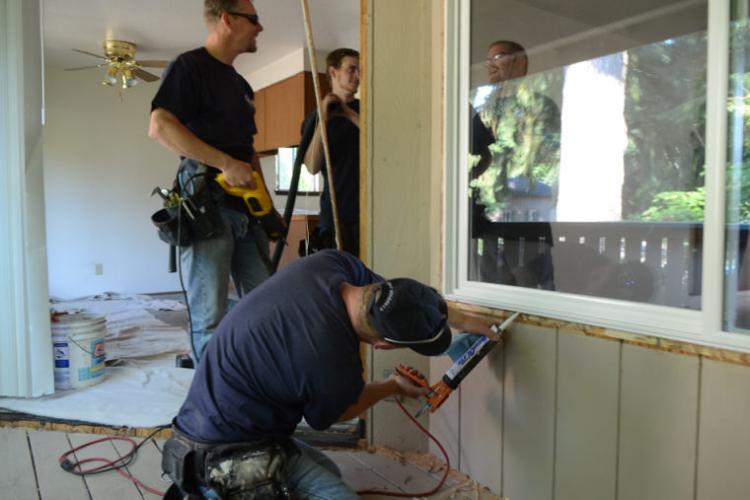2023 BOC Operator of the Year: Malachi Rein
Each year hundreds of people work their way through the Building Operator Certification (BOC) training. Amongst those students, one earned the esteemed title of 2023 BOC Operator of the Year: Malachi Rein, Director of the Building Energy Exchange St. Louis!
The Smart Building Center (SBC) and BOC take nominations every year for former students from across the country who are using their education to its fullest extent, improving energy efficiency as well as the way their work environment operates. Malachi is an incredible example of this and is beyond deserving of this award!








